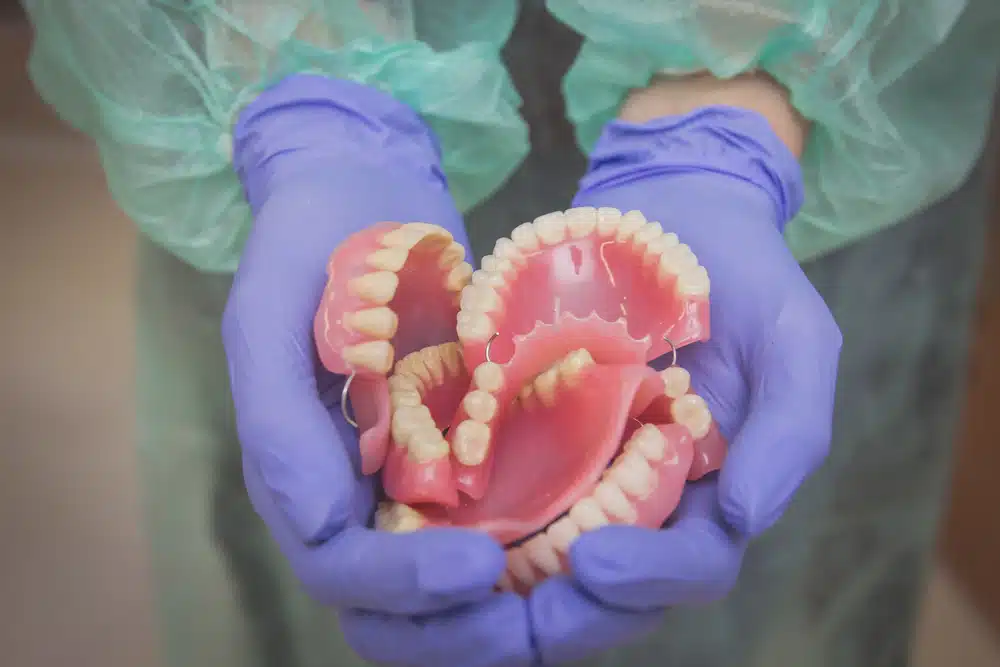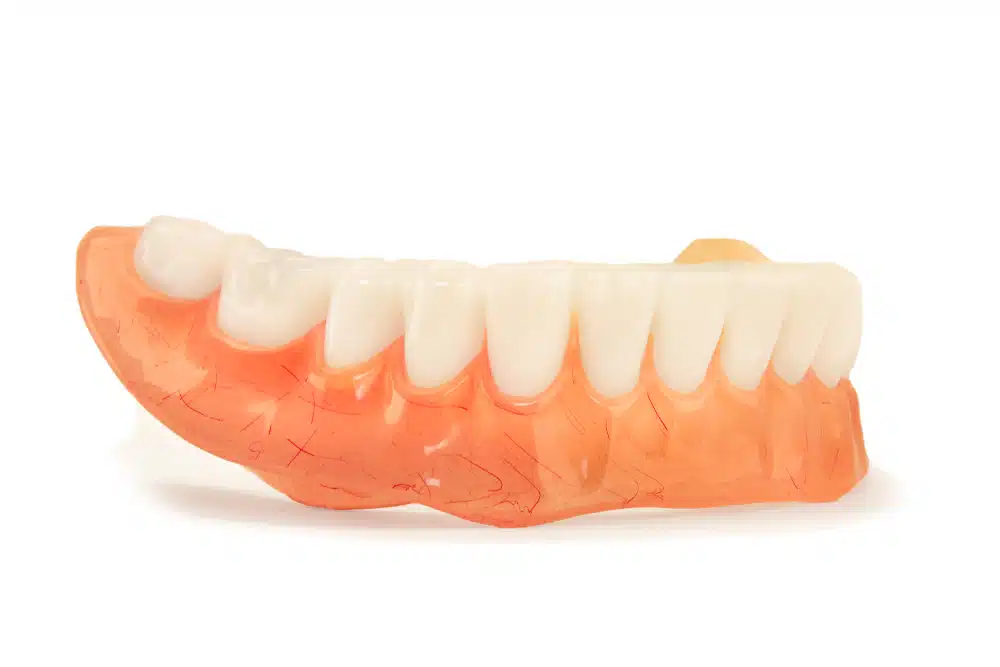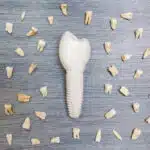
Do You Have a Spare? (Denture)
Very often the ideas that I have for articles in this blog come from real-life experiences in my dental practice. One of the things that caught my attention most recently was the prevalence of patients who come in for emergency treatment of broken dentures (typically rather old dentures) and who only have the single set to work with.
Now this creates a real problem for them because it is difficult to go out in public without teeth. People at work who may not know they wear dentures will suddenly become acutely aware of the fact. This can create considerable embarrassment and, even for a retiree, is often enough to prevent attendance at important milestone events such as a graduations, weddings, or anniversaries.
Some repairs can be handled quickly and relatively easily in the office, whereas others have to be sent to a dental laboratory. Depending upon the severity of the problem, that can take time: days, or even up to a week with certain types of dentures.
If you don’t wear dentures, this post may not appear to have anything to do with you. That is, until your mother, father, or grandparent call you in a panic, reporting they just dropped and broke their denture. (Or lost it.) You may find yourself pressed to leave work to bring them to the dentist’s office.
While it may be easy to say that every denture wearer should have a spare set, I understand the economics of the situation. Since I started practice some 20+ years ago, I have seen the cost of producing dentures nearly triple. Nevertheless, there are still many good reasons to think about having a spare set made.
Very often, when making a new denture, your doctor can manufacture a spare set at a reduced cost because he does not have to do the work twice. Similarly, an “economy” version can sometimes be produced by the laboratory which can make a duplicate of your existing denture. It may not be as cosmetic or “perfect” as the original, but it sure is nice to have something to go out and eat with while your main set is being repaired.
And sure, a denture costs more than your average article of clothing — but can you imagine having only one set of pants?! How do you even go out to buy another if you lose it? I suspect that even people who wear hair-pieces have back-ups. They may not want to go out in public without hair, but at least they can still eat.
If you or a loved one only have one denture, seriously consider a spare. And if the denture is older than seven years, it is a good idea to think about a new one. (For more information about why this is recommended check out another one of our blog posts on the subject.) No one needs the stress or embarrassment caused by having to be without teeth.






